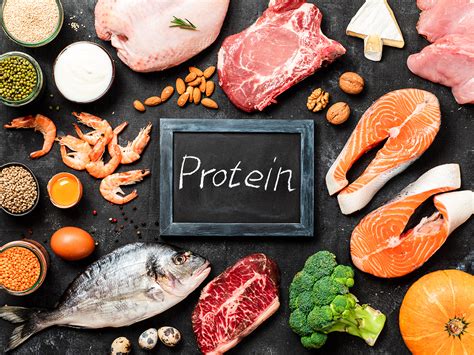Fueling peak male performance: Best macro timing for muscle, energy & fat loss?

For men striving to optimize their physical potential – whether it’s building lean muscle, sustaining high energy levels throughout the day, or efficiently shedding unwanted fat – macronutrient timing plays a pivotal, often underestimated, role. It’s not just about what you eat, but when you eat it, and how those nutrients are distributed to best support your body’s demands and goals.
Understanding Macronutrient Timing Fundamentals
Macronutrients – proteins, carbohydrates, and fats – are the pillars of our diet, each serving distinct roles. Protein is crucial for muscle repair and growth, carbohydrates are the primary fuel source for energy, and fats are vital for hormone production and nutrient absorption. Strategic timing involves consuming these macros at specific intervals to maximize their benefits, influencing everything from nutrient partitioning to hormonal responses and metabolic efficiency.

Protein: The Muscle Builder’s Clock
Consistent protein intake is paramount for muscle synthesis and preventing muscle breakdown. Rather than consuming a massive amount in one sitting, spreading protein evenly throughout the day (e.g., 20-40g every 3-4 hours) keeps amino acid levels elevated, promoting a continuous anabolic state. Pre-sleep protein (casein, cottage cheese) can also be beneficial for overnight muscle recovery due to its slow digestion.
While the “anabolic window” post-workout is less strict than once believed, consuming protein within a few hours after resistance training is still recommended to kickstart the recovery and rebuilding process effectively.

Carbohydrates: Fueling Performance and Recovery
Carbohydrates are your body’s preferred energy source, especially during intense physical activity. Timing them strategically can significantly impact performance and recovery:
- Pre-Workout (1-3 hours before): Opt for complex carbohydrates (oats, whole-wheat bread, brown rice) to provide sustained energy. A smaller, faster-digesting carb source (banana) closer to the workout can also be effective.
- During Workout (optional): For prolonged or highly intense sessions (over 60-90 minutes), intra-workout carbs (sports drink) can prevent fatigue.
- Post-Workout (within 1-2 hours): Rapidly absorbed carbohydrates (white rice, fruit, dextrose) are crucial here to replenish glycogen stores quickly, especially if you have another training session soon. Combining them with protein maximizes recovery.
For fat loss, some men find success with carb cycling, where carbohydrate intake varies on training vs. rest days, or by front-loading carbs earlier in the day.

Fats: Hormonal Support and Satiety
Dietary fats are essential for hormone production, vitamin absorption, and overall health. While their timing is less critical than proteins and carbs, a few considerations apply:
- Even Distribution: Generally, distribute healthy fats (avocado, nuts, olive oil, fatty fish) throughout your meals to support satiety and provide sustained energy.
- Avoid Pre/Post-Workout: High-fat meals immediately before or after training can slow digestion, potentially hindering nutrient delivery and causing digestive discomfort. It’s better to keep pre and post-workout meals lower in fat.

Crafting Your Optimal Macro Timing Strategy
There’s no one-size-fits-all approach; individual needs vary based on activity level, metabolism, and specific goals. However, a general framework for peak male performance might look like this:
- Breakfast: Balanced protein, complex carbs, and healthy fats to kickstart metabolism and provide sustained energy.
- Pre-Workout (1-3 hours prior): Moderate protein and complex carbohydrates.
- Post-Workout (within 1-2 hours): Lean protein and fast-acting carbohydrates.
- Lunch & Dinner: Focus on lean protein, abundant vegetables, complex carbohydrates, and healthy fats.
- Evening/Pre-Sleep: A serving of slow-digesting protein can aid recovery.
Experimentation and listening to your body are key. Track your energy levels, recovery, and body composition changes to fine-tune your macro timing for optimal results.

Conclusion
Strategic macronutrient timing is a powerful tool in a man’s quest for peak physical performance. By aligning your protein, carbohydrate, and fat intake with your body’s demands, you can significantly enhance muscle growth, maintain robust energy levels, and accelerate fat loss. Remember, consistency, quality food choices, and personalization are ultimately what will drive your success in achieving your fitness and health goals.








